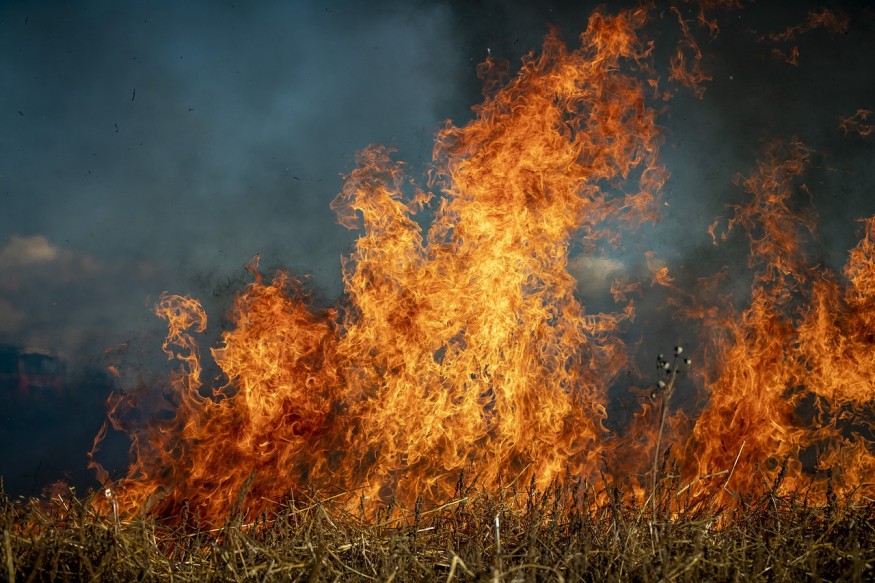Wildfires have engulfed swathes of land in Nova Scotia, Canada, as of Tuesday, May 30, forcing the evacuation of thousands of people amid "record-breaking heat" across the region, according to reports. Local authorities issued a mandatory evacuation order for affected residents in different areas. There were no reported deaths or injuries from the fires. However, the threat still remains indefinitely.
For the past several weeks, raging wildfires have been reported not only in Nova Scotia but also in the Canadian province Alberta, threatening its surrounding areas with smoke that even reached some parts of the northern tier of the United States. The cause of the fires remains unclear but previous incidents were linked to human activities and lightning strikes.
Nova Scotia Wildfires

The Nova Scotia wildfires have already burnt more than 25,000 acres and were deemed by local officials as "out of control," as cited by CNN. The blaze has destroyed multiple buildings and caused a large plume of smoke hovering over the region.
In particular, officials as of Monday, May 29, ordered over 16,000 people to evacuate their homes in an area around Halifax, the Canadian province's second-largest city.
In a tweet on Monday, Canada's Prime Minister Justin Trudeau described the wildfires as "incredibly serious" and declared that the government is ready to provide federal support and assistance.
In efforts to tackle the flames, hundreds of firefighters and dozens of fire trucks across the province were dispatched. The wildfires are yet to be under control and there is no timeline as to when the extreme events will last.
Canada Wildfire Smoke Threat
In North America, California is not the only place where wildfires commonly emerge and spread, emitting hazardous smoke or particulate matter that goes into the atmosphere and is detrimental to the health once inhaled. This month alone, various reports have shown the smoke Canada wildfire smoke has spread even from the Pacific Northwest to the East Coast of the U.S.
In the latest update, reports estimate the Canada wildfire, particularly the raging 'Tantallon wildfire' in Nova Scotia, has already impacted the Philadelphia area in Pennsylvania as of Tuesday noon, according to CBS News.
Canada Summer Season
Just like the U.S. and other countries in the Northern Hemisphere, Canada's summer season spans from June to early September each year. While some consider the season to have calm and clear weather, it is also the period where high temperatures and dry conditions are prevalent.
In previous years, the Canadian summer season has experienced moderate to deadly extreme weather events, including massive heatwaves or heat domes.
In 2021, around 600 heatwave-related deaths were reported in British Columbia and Alberta, according to the Government of Canada. The death toll is part of 1,000 deaths across the western North American heatwave, which also caused fatalities in the Pacific Northwest of the U.S., including in Oregon, California, and Washington state.
© 2025 NatureWorldNews.com All rights reserved. Do not reproduce without permission.





